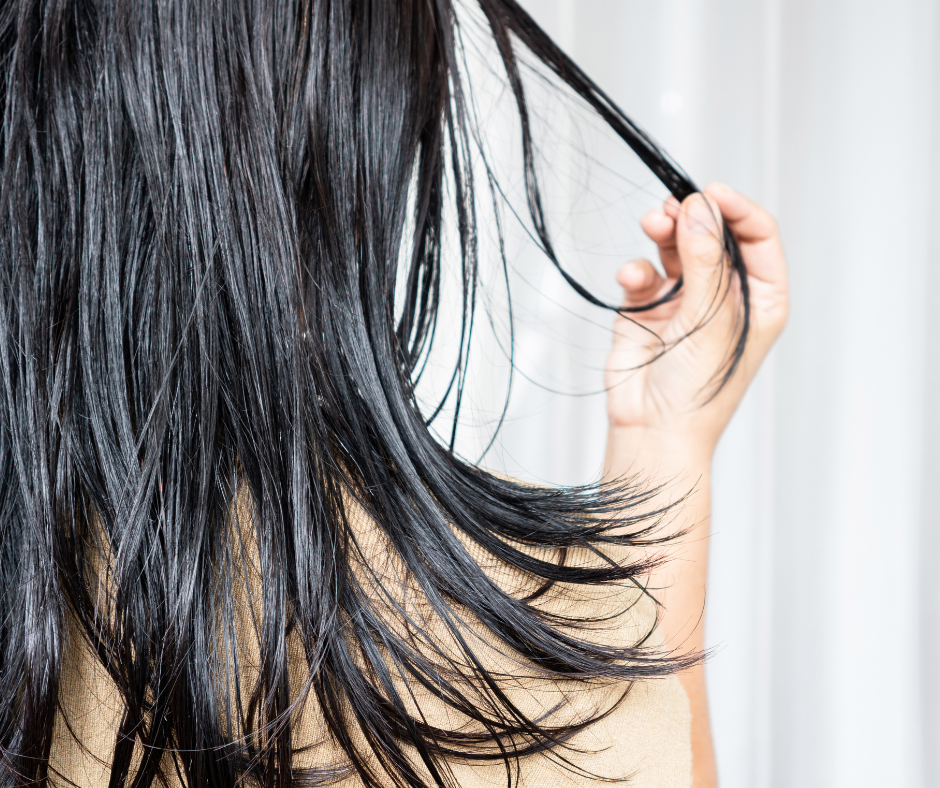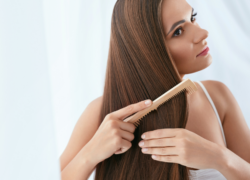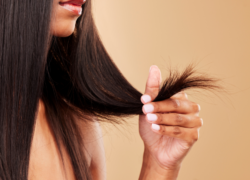
In the pursuit of vibrant health, one aspect often overlooked is the impact of our diet on the health of our hair. Can certain foods contribute to hair thinning or loss? The answer, as emerging research suggests, is a resounding yes. In this article, we explore the intricate connection between our dietary choices and the health of our locks.
Understanding the Link between Diet and Hair Health:
Hair loss, a concern that transcends gender and age, can be influenced by a variety of factors. While genetics and hormonal imbalances play pivotal roles, the role of diet in hair health is gaining prominence. The adage “you are what you eat” extends to the very follicles that adorn our scalps.
Foods Causing Hair Loss:
Processed foods high in sugar, refined carbohydrates, and unhealthy fats have been implicated in contributing to hair loss. These foods can trigger inflammation in the body, disrupting the normal hair growth cycle. Moreover, excessive intake of sugary foods can lead to insulin resistance, potentially exacerbating hair loss.
Vitamin Deficiency and Hair Loss:
One of the critical aspects linking diet to hair health is the role of essential vitamins and minerals. Deficiencies in key nutrients can manifest as hair thinning or loss. Chief among these is vitamin D, a crucial player in the hair growth cycle. Inadequate levels of vitamin D have been associated with conditions like alopecia, a form of hair loss.
Similarly, insufficient levels of iron can lead to anemia, a condition linked to hair loss. Iron is a vital component for the production of hemoglobin, the protein responsible for transporting oxygen to hair follicles. Without adequate oxygenation, hair follicles may weaken, leading to thinning or loss.
Protein Deficiency and Hair Health:
Protein, often hailed as the building block of life, is equally critical for maintaining healthy hair. Inadequate protein intake can result in a condition called telogen effluvium, where hair follicles prematurely enter the resting phase of the growth cycle. This can lead to a significant shedding of hair. Including protein-rich foods such as lean meats, eggs, and legumes in your diet can help prevent this form of hair loss.
The Impact of Crash Diets and Extreme Eating Habits:
Crash diets and extreme eating habits, characterized by severe calorie restriction, can wreak havoc on your hair. Sudden weight loss can trigger telogen effluvium, disrupting the normal hair growth cycle. Additionally, these diets may lack the essential nutrients needed for healthy hair, compounding the risk of thinning or loss.
Transitioning to a Hair-Healthy Diet:
The good news is that a few simple dietary changes can promote hair health and reduce the risk of thinning or loss. Incorporating a variety of nutrient-rich foods, such as fruits, vegetables, whole grains, and lean proteins, ensures a well-rounded supply of essential vitamins and minerals. Consider consulting with a healthcare professional or a registered dietitian to address specific nutrient deficiencies.
In the intricate dance of factors influencing hair health, our diet takes center stage. Foods causing hair loss are often those that contribute to inflammation or lack essential nutrients. By adopting a balanced and nutrient-rich diet, individuals can nourish their hair from within, promoting resilience and vitality. Remember, the key to luscious locks may very well lie in the choices you make at the dinner table.
If you think you may need to meet with a trichologist, contact the professionals at Parker Trichology Center and Salon for a consultation. We can help you heighten your health and your hair growth experience at our salon in Carrollton, TX. Our certified trichologists will provide you with the holistic approach to health. Contact our salon here or call 214-307-6200 to speak with a stylist today.



